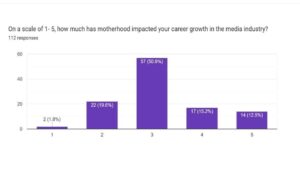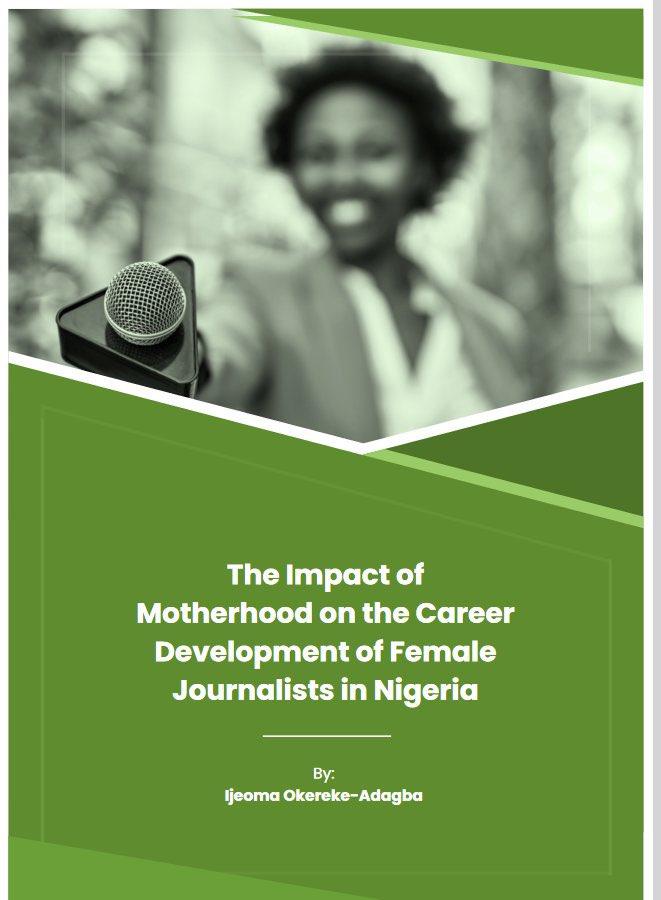Media organisations in Nigeria have been urged to adopt gender-conscious approaches and policies specifically designed for female journalists, particularly those who are mothers.
The call was one of the recommendations of a research on the Impact of Motherhood on the Career Development of Female Journalists in Nigeria by Ijeoma Okereke-Adagba under the Female Reporters Leadership Programme of the Wole Soyinka Centre for Investigative Journalism (WSCIJ) with support from the Bill and Melinda Gates Foundation.

The report was presented and launched on Wednesday, July 19 at a virtual session during which various speakers commended Okereke-Adagba, Project Manager of the Centre for Journalism Innovation and Development (CJIDA) for the study which addresses a crucial issue which media houses need to pay attention to and take necessary steps.
Among the major findings of the study was that over 70 per cent of the respondents said they have had to decline work opportunities at one point in time due to childcare responsibilities which require full dedication and commitment, like journalism.

“Most women are not aware of organisational policies in their newsrooms that facilitate the career progression of women after motherhood but seem to have a sense of some unwritten organisational policies that hinder their growth.
“Some of these policies include unpaid maternity/paternity leave, inaccessible/affordable daycare options, limited mentorship and development opportunities etc.”
To adopt a gender-conscious approach that will foster an environment where women can thrive in their media careers, the study suggested that organisations must critically review existing policies and structures that are at a disadvantage to women.
It emphasised that capacity building for women in media must be intentional and deliberate to achieve gender equality adding that encouraging women to apply for competitive positions, opportunities, and salaries rather than adopting a passive approach to career growth is also important.
Civil society organizations focused on media development and innovations should develop gender-conscious campaigns and strategies for promotion, leadership positions, development opportunities, work allocation, etc. These strategies should be tested in start-up organizations to assess their sustainability.
While some respondents mentioned challenges such as unpaid maternity/paternity leave, limited mentorship, and development opportunities, the research recommends incorporating flexible work arrangements in newsrooms. By implementing such arrangements, mothers can effectively balance their work and home responsibilities, leading to improved performance.
The study also recommended that the Nigerian government must ensure enforceability of the law patterning paid maternity and paternity leave so that media owners defaulting can be penalised.
CLICK BELOW TO READ FULL REPORT
Impact of Motherhood on Career Development of Nigerian Women in Media (1)


